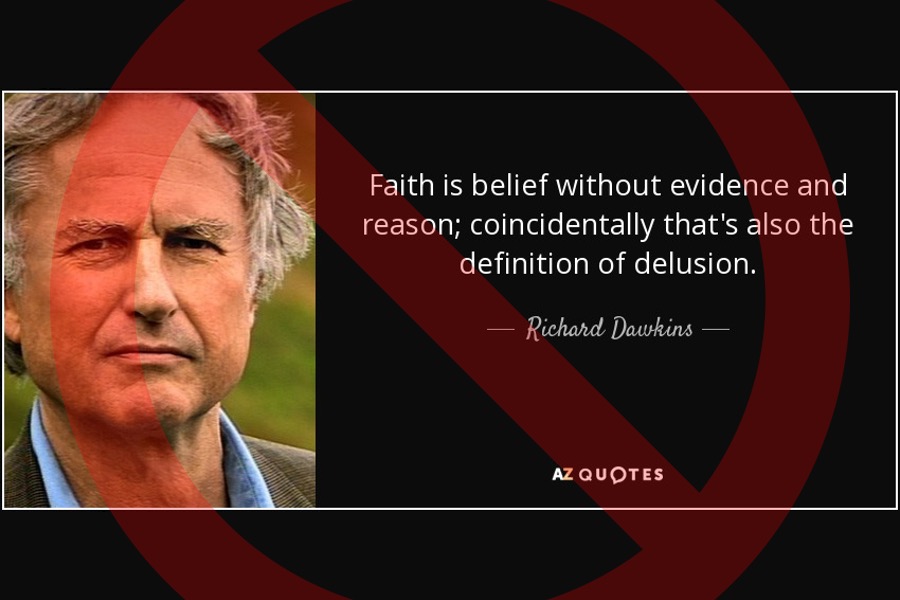- Joined
- Feb 12, 2013
- Messages
- 160,900
- Reaction score
- 57,844
- Gender
- Undisclosed
- Political Leaning
- Centrist
God probably exists for these reasons...
There is no legitimate reason for believing that anything exits beyond thought. In fact Occam inclines us to discard that which adds nothing of use , eg materialism. The idea of materialism (ie, mind independence) serves no purpose other than to deny the existence of God...it serves no other purpose.
So if we naturally (due to Occam's advice) drop materialism (ie. mind independence) we come to the conclusion that the world is a world of thought .
You can naturally descend into solipsism with such a view of reality...the trouble with that is that most of us (ie , the sane ones) feel that we are not all that there is to know...therefore other things (like mathematical theorems) exist outside of us .
If we accept that mind independence can not exist but that other things exist outside of ourselves, then it stands to reason that we exist in an external non-material reality. That external reality must be the product of another mind (since mind independence does not exist).
We exist in another mind (God) much in the same way that the Chrome browser can exist within Windows 10 .Separate but dependent.
Using that razor to the extreme, I am all that exists and the all the rest of you all in the world are just bit players on my stage.

